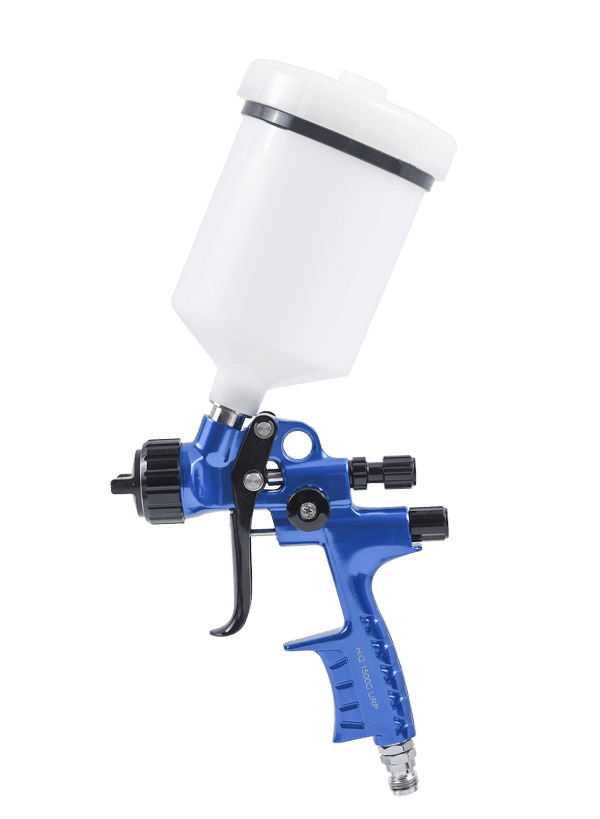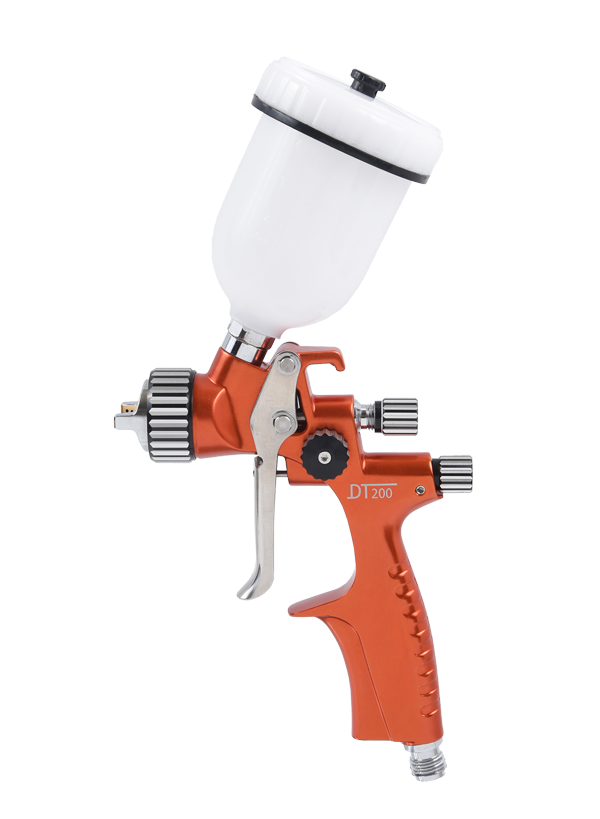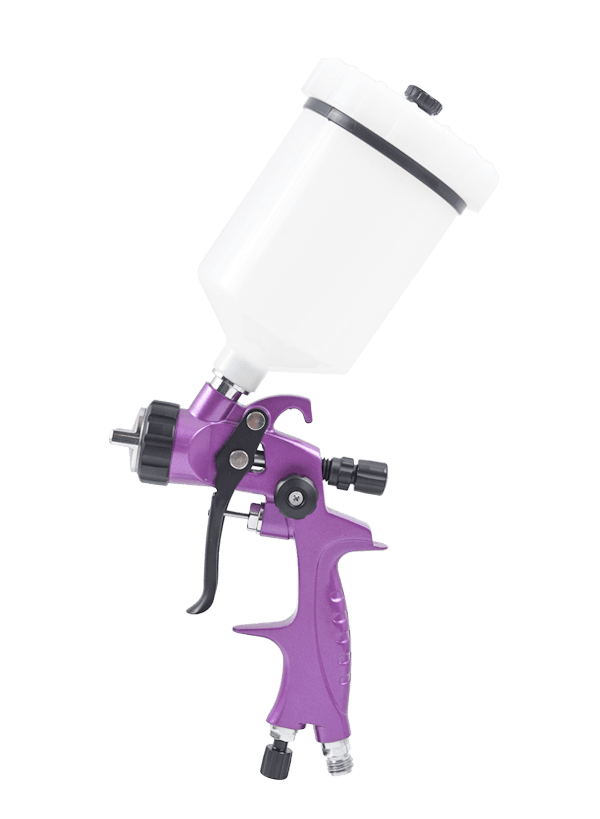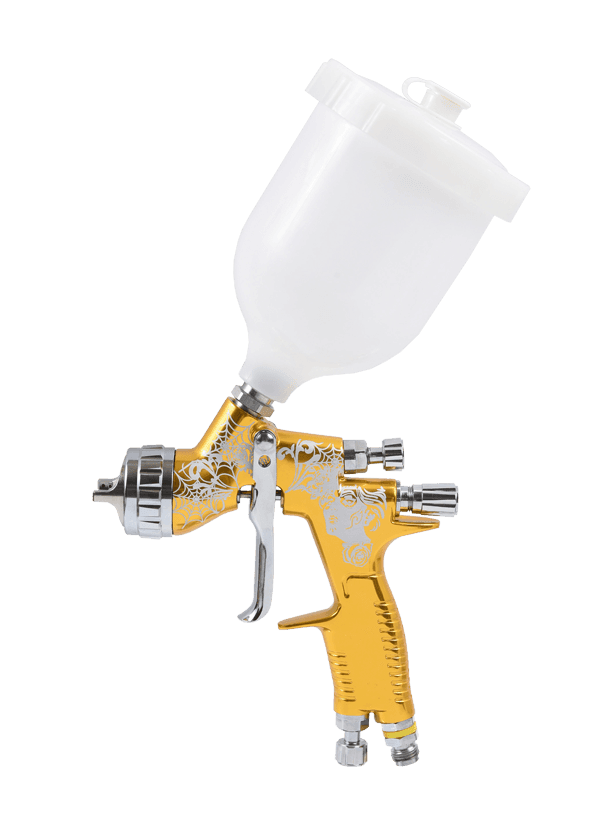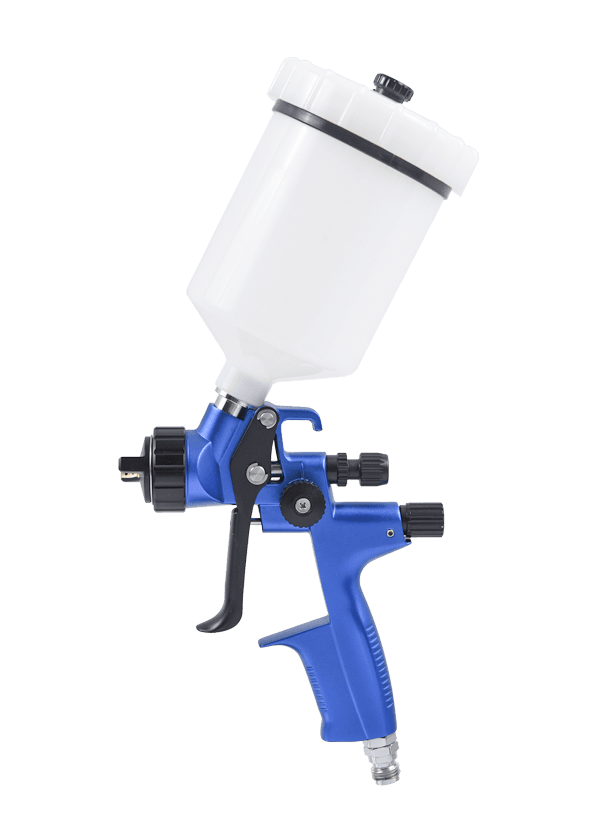High-pressure spray guns are designed to handle a variety of materials, and their capability to accommodate elevated temperatures depends on the specific design and construction of the gun. Here are considerations regarding the ability of high-pressure spray guns to handle materials at elevated temperatures:
Material Compatibility:
The material compatibility of high-pressure spray guns is a critical factor. Guns designed for use with hot melt adhesives or high-temperature coatings typically have components, such as seals and gaskets, that are resistant to heat.
Heat-Resistant Components:
High-temperature applications often require heat-resistant materials in critical components of the spray gun, including the nozzle, seals, and other internal parts. Materials such as stainless steel or specialized polymers may be used for heat resistance.
Temperature Range:
The temperature range within which a high-pressure spray gun can effectively operate is specified by the manufacturer. Some guns are designed for moderate temperatures, while others are explicitly built for high-temperature applications.
Hot Melt Adhesives:
For hot melt adhesive applications, high-pressure spray guns may feature specialized nozzle designs and components that can withstand the elevated temperatures required for the adhesive to be in a molten state.
High-Temperature Coatings:
When dealing with high-temperature coatings, such as certain types of paints or protective coatings, the spray gun should be equipped to handle the elevated temperatures without compromising the integrity of the gun or affecting coating performance.
Insulation and Cooling Systems:
In some cases, high-pressure spray guns for elevated temperatures may incorporate insulation or cooling systems to protect the operator and ensure the efficient application of materials.
Application-specific Designs:
Certain industries, such as automotive or aerospace, may have specific requirements for applying coatings at elevated temperatures. In such cases, manufacturers may offer high-pressure spray guns designed with these industries in mind.
Thermal Regulation:
Some advanced
high-pressure spray guns may feature thermal regulation systems to control and maintain the temperature of the sprayed material within a specified range.
Compatibility Testing:
Before using a high-pressure spray gun with elevated-temperature materials, it is essential to check the manufacturer's guidelines and conduct compatibility testing to ensure the gun can effectively handle the specific material and temperature requirements.
User Guidelines:
Manufacturers provide user guidelines and specifications that outline the recommended temperature ranges for their high-pressure spray guns. Adhering to these guidelines is crucial to ensure proper functionality and longevity.
It is important for users to communicate their specific application requirements to the spray gun manufacturer or supplier. This information helps in selecting or customizing a high-pressure spray gun that meets the desired temperature specifications for the materials being used. Additionally, adherence to safety guidelines and proper maintenance practices is essential when working with high-temperature applications to ensure the longevity and reliability of the equipment.

 English
English Español
Español

